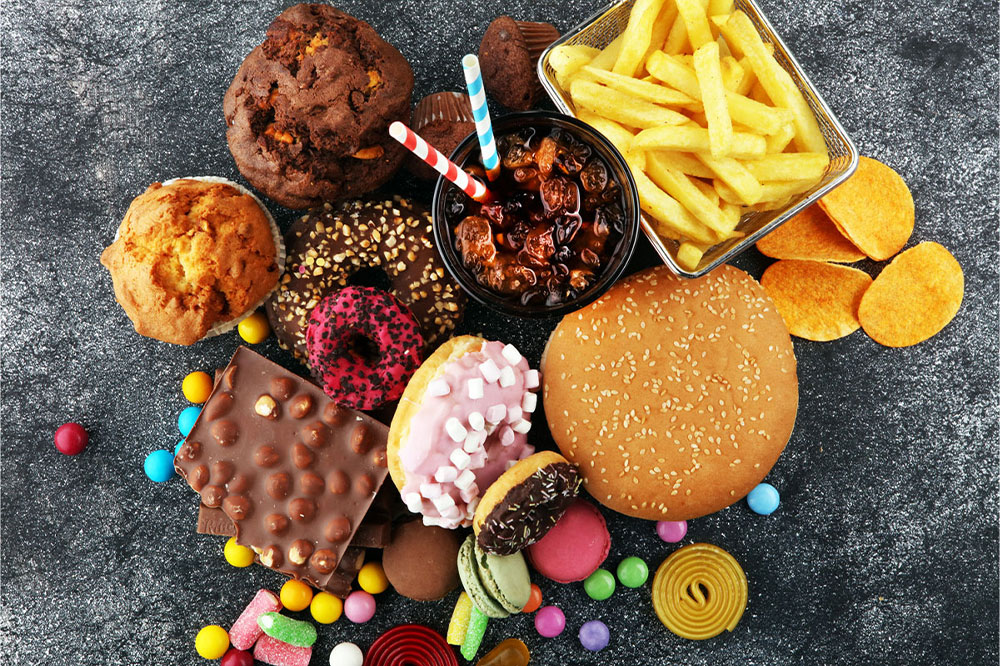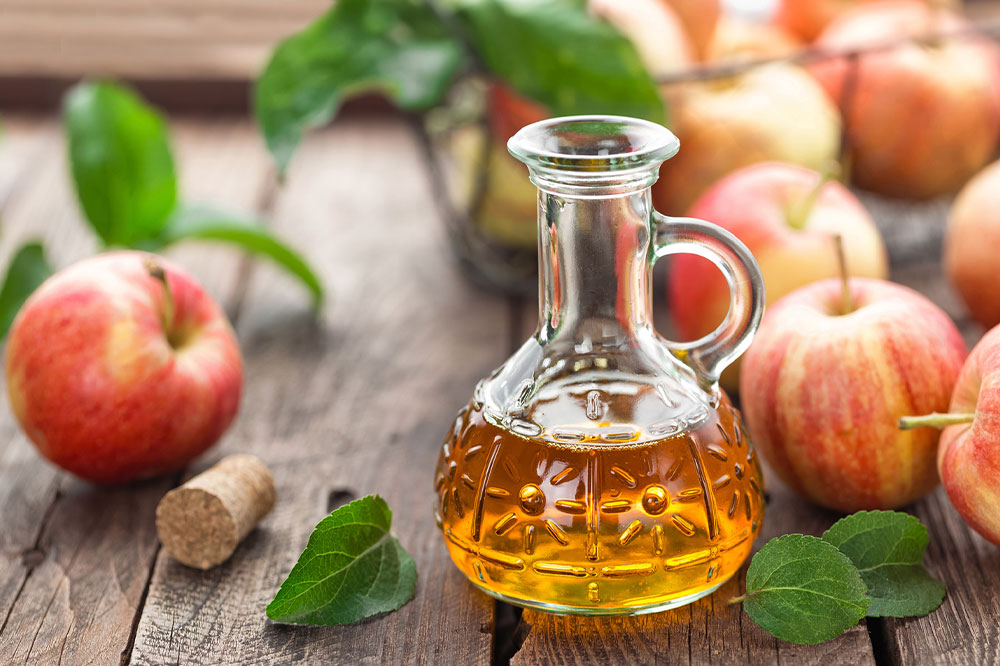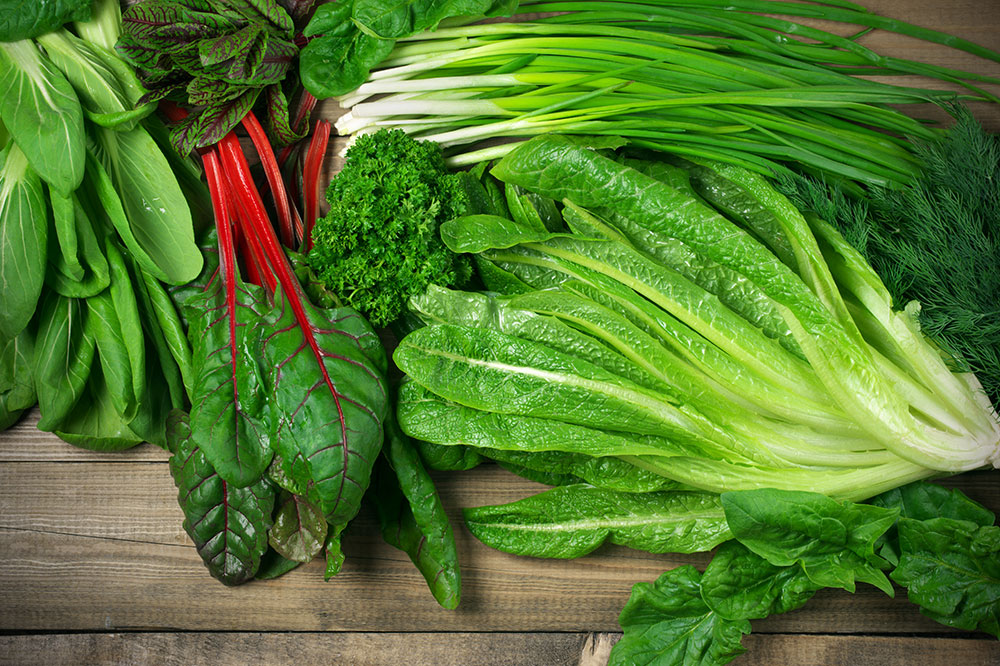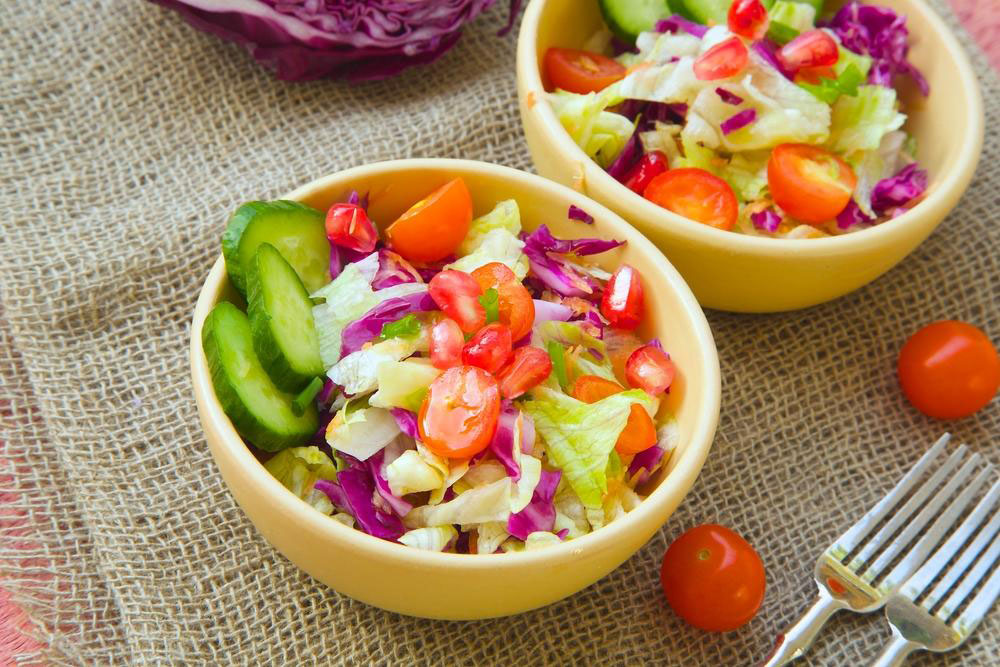Top 3 Foods to Help Lower Blood Sugar Naturally
Discover three effective foods to naturally lower blood sugar levels, including broccoli, berries, and oats. These nutrient-rich options support insulin sensitivity, reduce oxidative stress, and help maintain stable glucose levels. Incorporating these superfoods into your diet, along with healthy lifestyle choices, can aid in managing and preventing diabetes. Learn how diet influences blood sugar regulation and strategies to optimize metabolic health through smart eating habits and minimal processed foods.
Top 3 Foods to Help Lower Blood Sugar Naturally
Diabetes is a long-term condition marked by elevated blood glucose levels. According to the International Diabetes Federation 2021 report, approximately 537 million adults worldwide have diabetes, with half remaining undiagnosed. Managing blood sugar involves lifestyle choices, nutritious eating, and proper remedies. Here, we explore three key foods that can assist in lowering blood sugar levels and examine how diet influences glucose control.
Three foods that support blood sugar regulation and how to enjoy them
Broccoli
Eating more cruciferous vegetables like broccoli is linked to a decreased risk of developing type 2 diabetes.
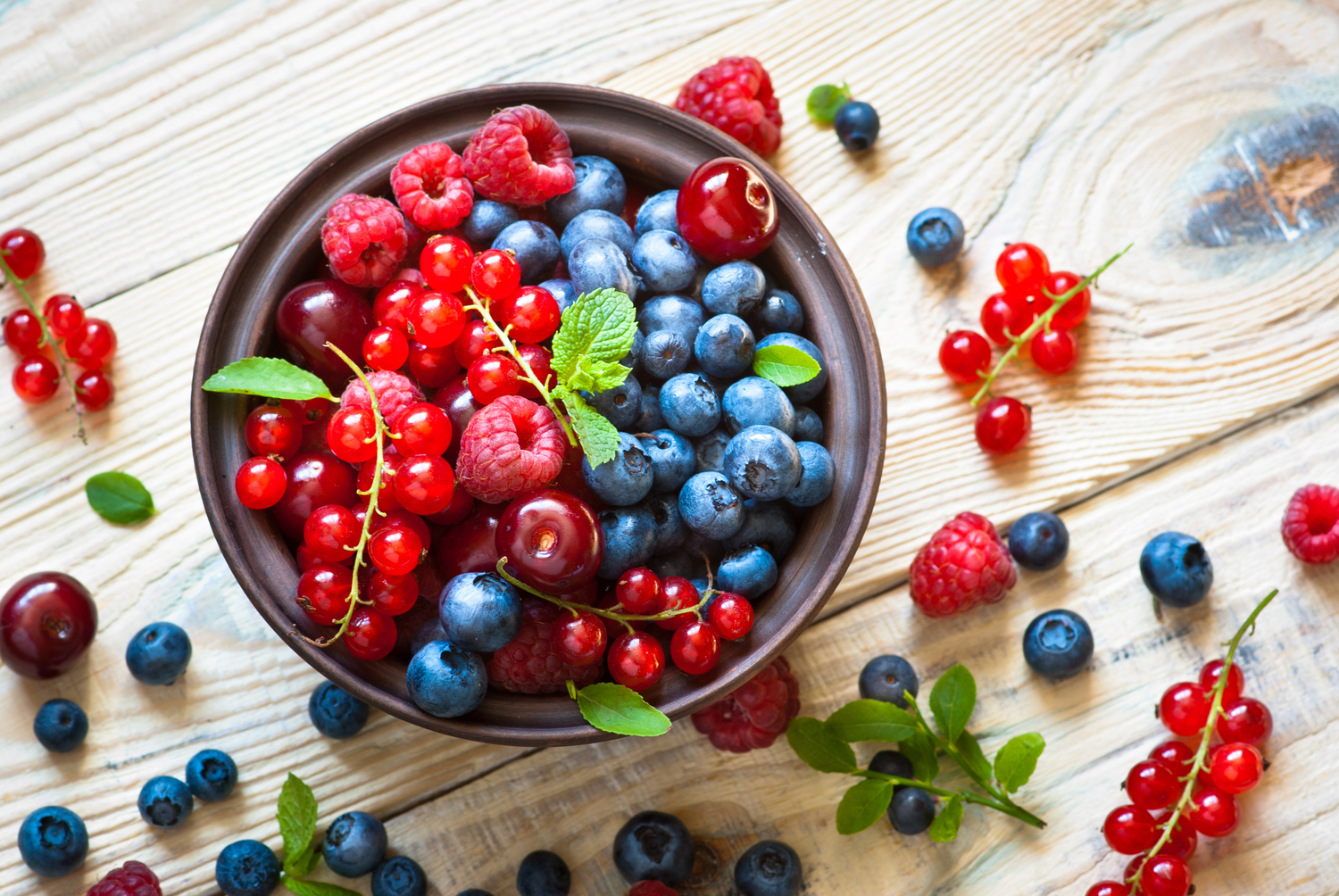
Broccoli contains sulforaphane, a compound shown to lower blood sugar and possess anti-diabetic properties. It reduces oxidative stress and improves insulin sensitivity, making it ideal for blood sugar management. For best results, consume raw, steamed, or lightly blanched broccoli. Incorporate it into salads, soups, stir-fries, or as a side with lean proteins to maximize benefits.
Berries
Berries such as strawberries, blueberries, raspberries, cranberries, and mulberries are packed with antioxidants, making them a superfood for blood sugar control. They help mitigate post-meal glucose spikes and support maintaining a healthy body weight. Enjoy a handful raw, in smoothies, or in moderate desserts to reap their benefits. Studies indicate that eating two cups of raspberries after meals can lower blood glucose levels, especially in prediabetics.
Oats and Oat Bran
Oats are rich in beta-glucan fiber, which helps regulate blood sugar levels by improving insulin response. They promote satiety, reducing the urge to snack on unhealthy options and lowering post-meal glucose. Prepare oats traditionally or soak them overnight in milk. Adding berries can enhance flavor and nutritional value. Oat bran, like oats, supports blood sugar stability — drinking oat bran mixed with water before consuming refined bread can prevent spikes. Oats also contribute to healthy cholesterol levels, aiding overall metabolic health.
Including these three foods in your diet can significantly aid in blood sugar management. Read further to understand foods that elevate glucose levels and how diet impacts your health.
The link between diet and blood sugar levels
Oxidative stress and insulin resistance are primary factors in high blood glucose. Nutrients impact the body's response differently. Consuming processed foods, white bread, sweets, and high-GI items causes glucose surges, prompting insulin release. Over time, aging and other factors impair this response, leading to insulin resistance and possibly diabetes. A diet high in unsaturated fats, fruits, vegetables, nuts, and whole grains helps prevent spikes, supports fat loss, and mitigates risks. Limiting red meat and processed foods is advised for better blood sugar control. Consult healthcare providers for personalized dietary guidance and incorporate regular exercise for optimal health.

